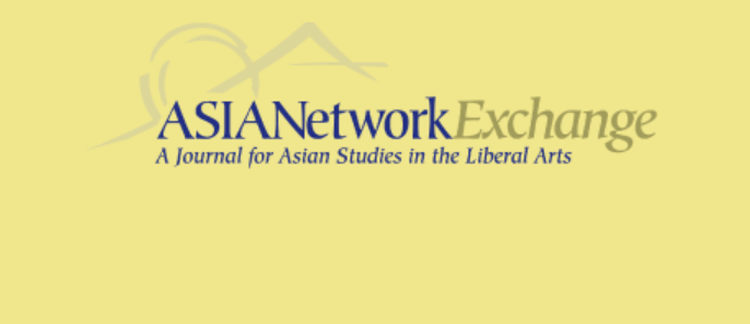Abstract
This article examines political dynamics in Malaysia and assesses the prospects for change in the direction of greater political liberalization. It focuses on the 12th General Election of 2008 and its implications for opportunities and challenges for liberal democratic change in Malaysia. It discusses the role of the internet-based new media in shaping an emerging public sphere, and some factors affecting the changing role of non-Malay voters in the political process. This article argues that democratization in Malaysia is already occurring, albeit at a gradual pace; it is being pushed by the new political forces of civil society actors, newly empowered opposition parties, and the internet-based media. The boundaries of this emerging democratic space is simultaneously being shaped and contested by the political competition between status-quo and reformist forces in this society. Some institutional changes have expanded the parameters of democratic space, although the entrenched dominant institutions of the ruling regime continue to wield sufficient amounts of institutional capacity to subvert any consolidation of these democratic changes for now.
Keywords
Malaysia, Southeast Asia, Politics, Democracy, Democratization, Media, Public Sphere
How to Cite
1037
Views
756
Downloads
